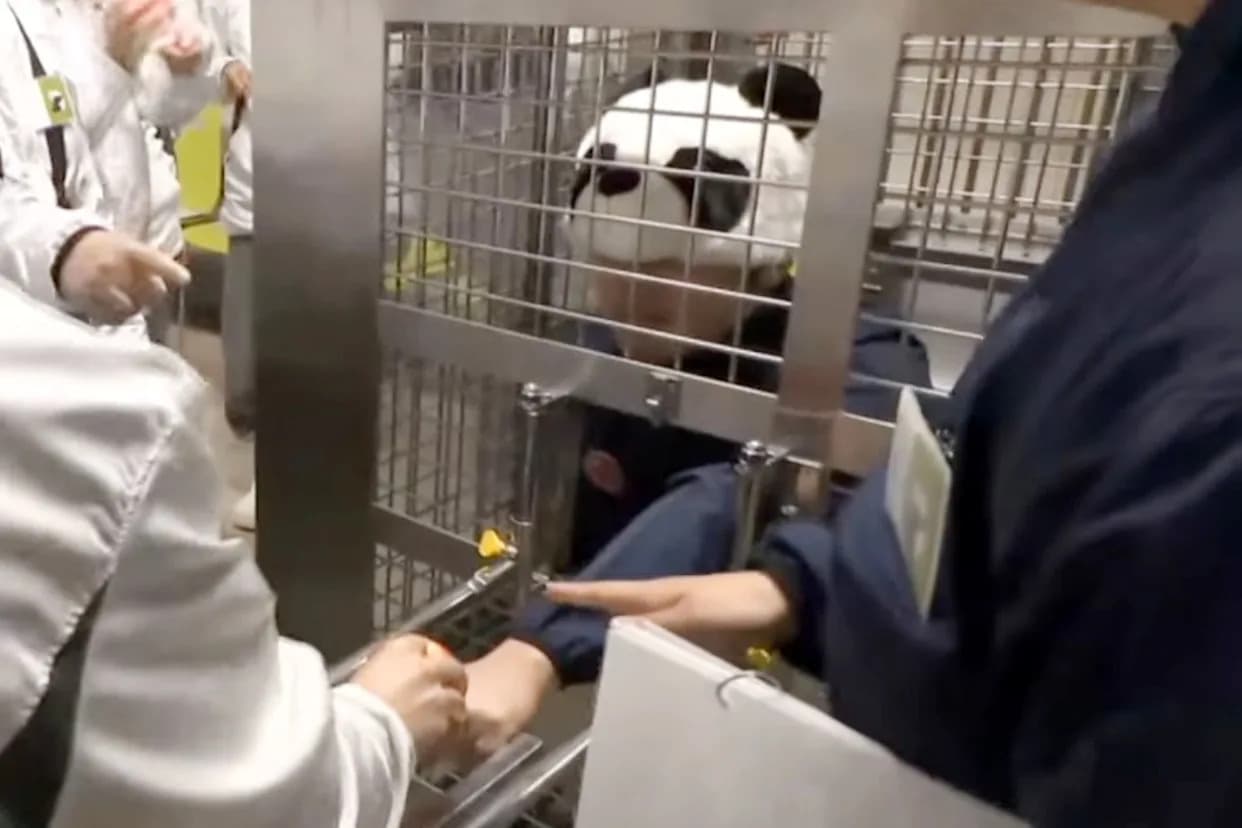Rental Family examines a little-known industry in Japan that hires actors to fill roles as relatives, friends and extras. Companies like Heart Project supply well-coached stand-ins for events or emotional support, with pay ranging from about ¥9,800 to ¥30,000. Experts say the phenomenon reflects wider issues—loneliness, stigma around mental health, and pressure to maintain appearances—while some clients report genuine comfort from the interactions.
Inside Japan’s "Rental Family" Industry: Why People Pay Actors to Be Relatives

Ryuichi Ichinokawa has spent nearly two decades running Heart Project, a Tokyo-based company that supplies faux family members and extras to people who need them. His staff can be planted as reporters to pad out events, pose as a woman's partner during legal talks, or even act as a husband accompanying a patient through fertility treatment. 'I am being of service to people. I hope they will be happy,' Ichinokawa says, asking that his photograph not be used so his identity remains private.
What rental-family services do
These businesses offer carefully coached actors to play roles ranging from wedding guests and coworkers to long-lost parents or attentive spouses. Some assignments are simple—sit, smile and blend in—while others demand improvisation and emotional labor. For Heart Project, basic roles typically pay about 9,800 yen (roughly $63) for a couple of hours; more elaborate parts can earn 20,000–30,000 yen ($130–$190) per person.
How the work feels
Ichinokawa describes strict preparation: actors study details, rehearse background stories and sometimes write names on their hands to avoid slips. 'You're coached to avoid uttering the wrong name or background information,' he explains. He also follows a personal rule: never play the same role twice for the same client. 'To do it more than once is setting yourself up for failure,' he says.
'I don't feel I am acting. I really get angry if that's what the situation requires,' Ichinokawa adds, describing how seriously he takes the role of helping others feel supported.
From screen to reality
The Searchlight Pictures drama Rental Family, starring Brendan Fraser, has brought fresh attention to this niche industry. The film follows an American actor recruited by a Tokyo rental-family agency and explores how seemingly superficial assignments can become emotionally complicated. Director Mitsuyo Miyazaki (known professionally as Hikari) says she researched hundreds of such companies and interviewed many people in the business to build the film's narrative. She believes demand for human companionship will remain even as people experiment with artificial-intelligence alternatives: 'I don't think they will disappear. It might just probably expand.'
Why people use rental families
Clients commonly cite social pressure and the need to protect appearances. Ichinokawa recounts arranging bar visits where extras boost a hostess's perceived clientele and attending school events with single parents to provide the appearance of extended family. For others the motivation is emotional: people who feel isolated may find temporary comfort in a believable human connection.
Social context and concerns
Experts say the rental-family industry reflects deeper social issues in Japan, including loneliness, stigma around mental health and strong norms about maintaining harmony and social appearance. Miwa Yasui, a scholar who studies cultural influences on mental health, notes that Japan intensified attention to mental-health needs after the 2011 earthquake and tsunami and that support options—such as counseling and online chat services—have been expanding.
Chikako Ozawa-de Silva, author of The Anatomy of Loneliness and a professor at Emory University, points to the internalized nature of isolation in Japan. 'When people feel they're not loved, they're not accepted, they're not heard. The sense of "I don't matter" is a form of loneliness,' she says. In some cases, isolation can lead to hikikomori, a prolonged withdrawal from society.
Ozawa-de Silva cautions that hiring actors is often a temporary fix: 'Renting actors for surface-level intimacy is putting a Band-Aid on a deeper problem.' At the same time, she adds that such services may be beneficial if they provide breathing room for people to pursue longer-term solutions.
Meaning and reception
Despite occasional outsider discomfort with the concept, many clients report gratitude. Ichinokawa receives messages telling him the faux interactions felt genuine and comforting: 'Thank you for today. You really interacted with us like a real mother,' one note said; another asked him to tell the woman who portrayed a wife she had been 'a superb wife.'
Whether viewed as an innovative social service or a symptom of deeper social strain, rental-family services expose how important human connection is and how creative markets have become at meeting that need.
Help us improve.


































